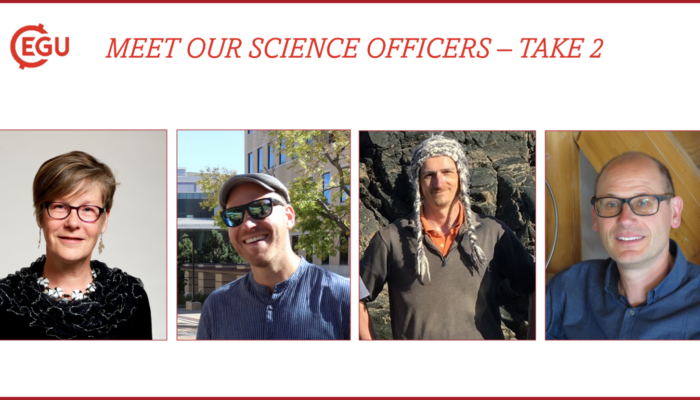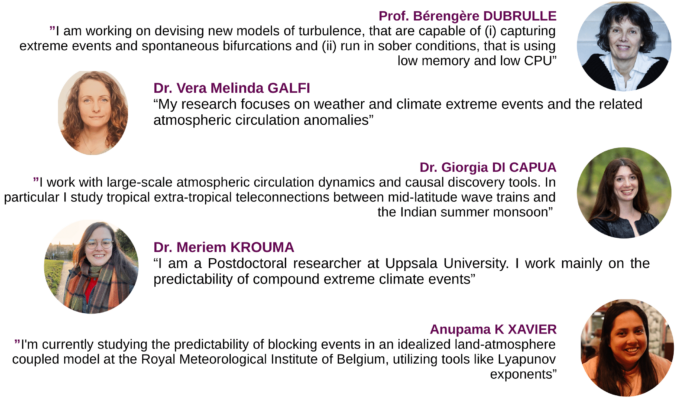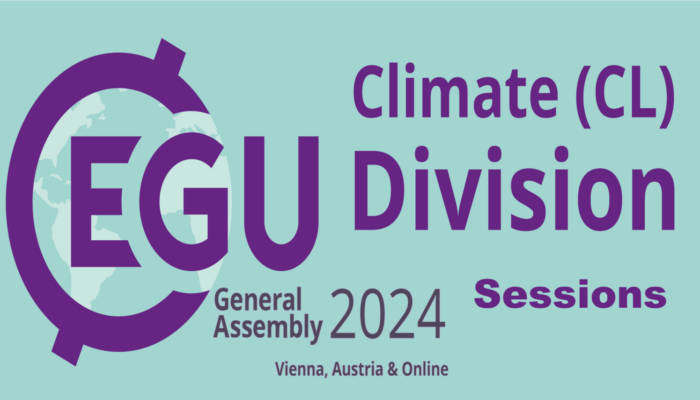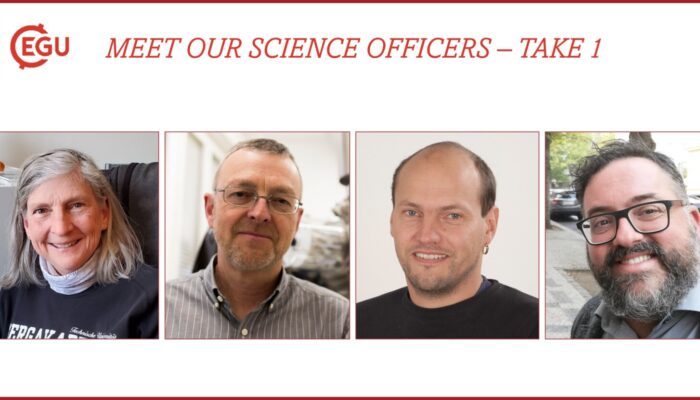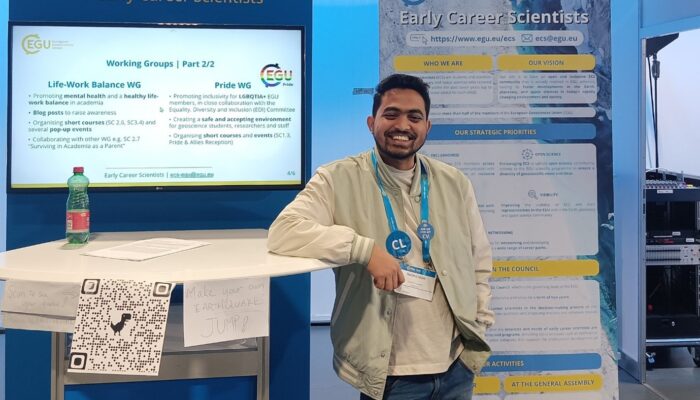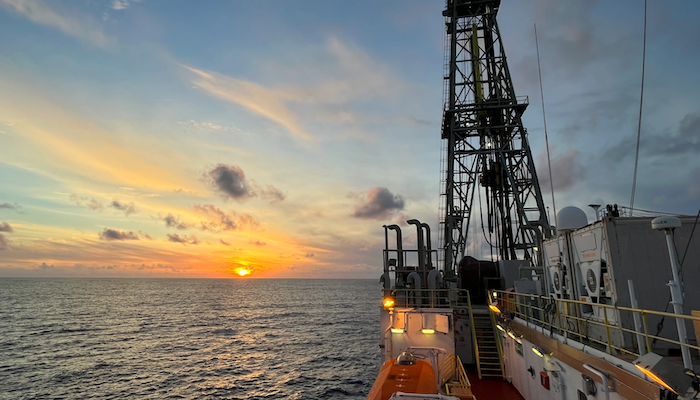As we approach the EGU General Assembly, we remember that there are a number of people working hard to ensure that sessions on our favourite topics are secured. This also ensures that topics of interest to as wide a range of scientists as possible are covered. This is why the GMPV Division has representatives from the various fields of geochemistry, mineralogy, petrology and volcanology. Last time ...[Read More]
If you didn't find what you was looking for try searching again.
Nonlinear Processes in Geosciences
Interviews with Women in Nonlinear Processes in Geosciences: Exploring Inspiration and Challenges
In celebration of Women in Science day, we delve into the experiences and insights of five accomplished women scientists in the field of Nonlinear Processes in Geosciences: Prof. Bérengère Dubrulle, Dr. Vera Melinda Galfi, Dr. Giorgia di Capua, Dr. Meriem Krouma, and Anupama K Xavier. Through a series of interviews, these women share their journeys, addressing challenges faced as women in science, ...[Read More]
Climate: Past, Present & Future
Spotlighting the Climate Division’s sessions for EGU24
Dear community of climate enthusiasts and EGU lovers, We know that being part of the EGU is not just about staying in the loop with the latest geoscience works – especially when it comes to our all-time favorite realm of sciences: climate sciences 🤩. It is also an amazing opportunity to spark exciting collaborations and expand your network with scientists from all over Europe and the world. EGU is ...[Read More]
Geodynamics
The Sassy Scientist – Where the wild grids are
In the labyrinth of scientific research, one often finds themselves at the crossroads of data accessibility and the desire to reuse and build upon other people’s work. All too frequently, results are presented in a format that cannot be read by the computer. Does your favourite Geochemistry paper come with a PDF table, but no excel spreadsheet on the sight? Been there. Wondering what lies beneath ...[Read More]
GeoLog
GeoTalk: meet Gino de Gelder, researcher of the link between tectonics, sea-level rise & coral reefs!
Hello Gino! Welcome to GeoTalk. Could you tell our readers a little bit about yourself and your background? Sure thing! My background is mostly in tectonics, geomorphology and the evolution of (active) fault systems, which I developed during my studies at Utrecht University and my PhD at the IPGP (Paris). Initially I focused on the way that coastlines record either uplift or subsidence in response ...[Read More]
Geochemistry, Mineralogy, Petrology & Volcanology
Meet our EGU-GMPV Science officers – take 1
Once a year, GMPV enthusiastic scientists from all over the world gather around in Vienna for the fabulous EGU General Assembly, where very exciting and ground breaking science is presented to peers. While for some, the EGU may be reduced into a solid crazy week at the GA, for others is a year-round duty. The existence of the GMPV Division science officers ensures that every year GMPV’s earl ...[Read More]
GeoLog
GeoPolicy: Science for Policy Internships & Traineeships – a regularly updated list
Internships and traineeships are a great way to gain a better understanding of the political system and how policymakers use scientific evidence! This month’s GeoPolicy Blog post highlights various European-based opportunities that researchers can apply for. Understanding Europe’s political landscape and the information that policymakers need to make evidence-informed decisions is one of the most ...[Read More]
Geochemistry, Mineralogy, Petrology & Volcanology
The role of citizenship in geosciences
When international scientists from countries with a very low gross domestic product (GDP) get together at the proverbial water-cooler, we don’t talk about the weather, we talk about immigration. The conversation topics can vary between navigating a new immigration system due to an upcoming move, issues with our institution’s international office or wondering whether we will be able to secure a tra ...[Read More]
GeoLog
GeoTalk: meet Nazimul Islam, Dendrochonrologist and Climate ECS Representative!
Hi Naz. Thanks for joining us for this edition of GeoTalk! How did you get into studying tree rings? Hello, thank you for inviting me! Well there is an interesting story behind this so let me share it with you. I was always fascinated by our natural environment, particularly mountains, glaciers, and rivers. That motivated me to study Geography for my Bachelor and Master Degrees. For my MSc dissert ...[Read More]
Geodynamics
Into the Unknown: Research Cruises and the Geologist’s Drill
With love for geoscience comes a zest for exploring the natural world. What we want to explore might not always be close to us. But science finds a way, even if it means sailing to the middle of the ocean. This week, we are going to dive into the nuts and bolts of how research cruises work in this blog post by Kuan-Yu Lin from the University of Delaware. Kuan-Yu recently sailed as an igneous petro ...[Read More]

